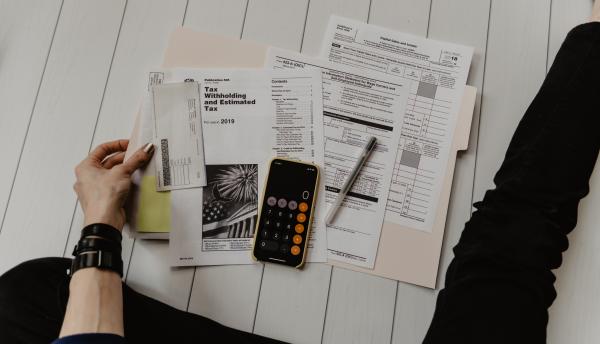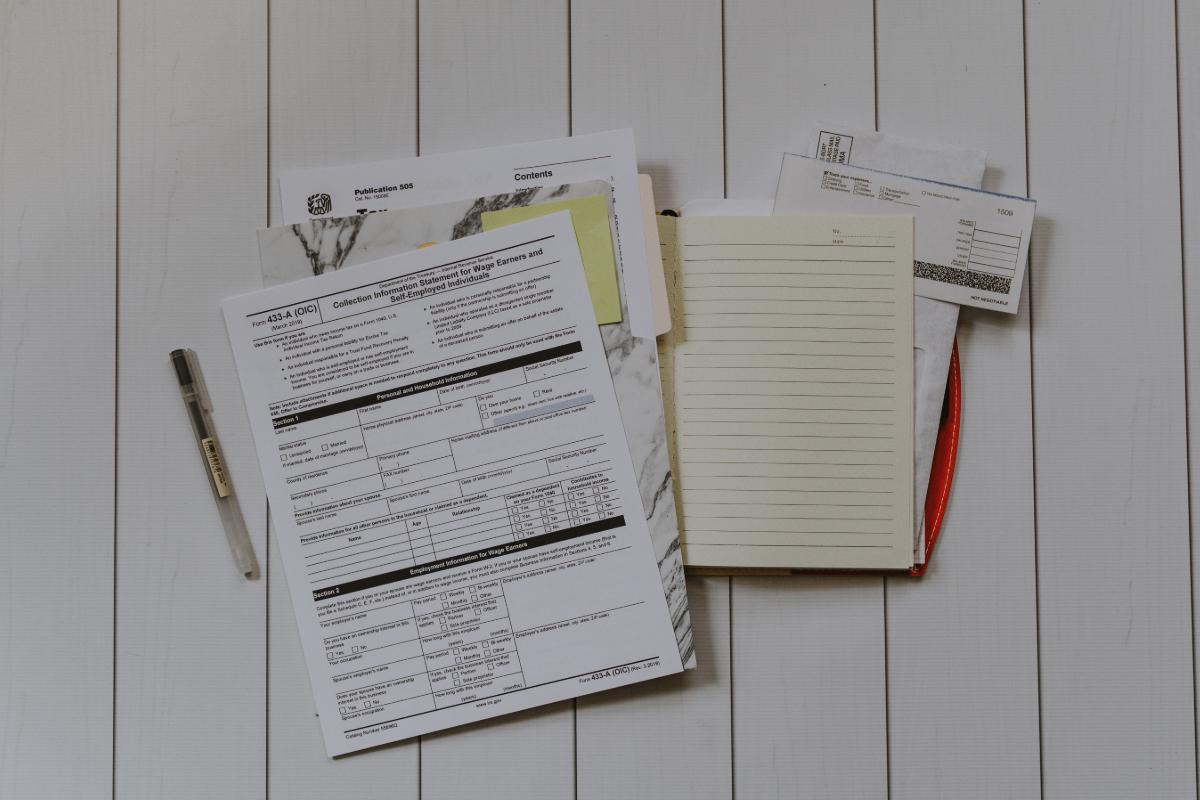
What is Council Tax?
Council tax consists of various charges for the local council, fire services and police services. It is payable for each residential property. If a property is rented by a tenant, the tenant will have to pay council tax for the property they are living in. But there is a hierarchical tree to explain this further, as shown below.
Who pays council tax?
Normally, council tax is paid by the person who is living in the property. If a tenant lives alone, they are liable for council tax. However, if the property is occupied by multiple people, the below ‘hierarchy of liability’ can help you figure out who is responsible for the tax.
This hierarchical tree is set out by the council, which starts with the resident and ends with the property owner. For council tax purposes the resident must be aged 18 or above, which means landlords should only offer tenancies to people aged 18 or above.
A resident owner-occupier who either owns the leasehold or freehold of whole or part of the property
A resident tenant (including tenants with an assured shorthold tenancy)
A resident who lives in the property without a leasehold, which means they are not a tenant but have permission to stay
Any resident living in the property, for example, a squatter
A non-resident owner of the property
The person at the top of the list is liable to pay council tax. If there is more than one person, all people are jointly responsible for the council tax payment.
How much is council tax?
Each property has its own banding for council tax purposes. The amount of council tax payable every year is depended on the appropriate banding, which may change every year. The council tax banding is not assessed by the council, but the Valuation Office Agency (VOA). The assessment is based on the value of each unit of accommodation, such as the size, number of rooms and location.
Each local council has its own pricing for each banding, you can find out how much you need to pay on your local council’s website by entering your postcode.
Who is responsible for council tax in an HMO property?
A House in Multiple Occupation (HMO) is a property that consists of bedsits or multiple tenancies where tenants are paying rent for individual rooms on individual tenancy agreements. A single banding is usually applied to a House of Multiple Occupation (HMO) and the landlord will be billed for the council tax. In other words, the landlord is liable to pay council tax. In such circumstances, the landlord should prepare for this charge when setting the rent amount.
However, if the tenants in an HMO are renting the property on a joint tenancy as a group, they will be responsible for the council tax unless there is a clause in the tenancy agreement to say otherwise.
It is worth looking into each council’s classification of HMOs, as some local authorities still differ in the definition and classification. HMOs can sometimes be deemed either as a single dwelling or a number of separate units in a property.
Who pays the council tax when the property is vacant?
When a property is vacant and no active tenancy is in place, the council tax liability falls with the landlord or owner. This means that landlords will need to pay the council tax during void periods. Some councils may offer discounts or extra charges for void periods, so it’s a good idea to look for information from local councils and prepare for forwarding financial planning.
Void periods are not ideal for landlords, but there are ways to avoid it; such as budgeting for void periods.
It’s also important for landlords to let a property efficiently and find tenants quickly when a notice is received to reduce void periods. Listing properties and finding tenants have never been easier, landlords can do it with MakeUrMove starting at just £20.







